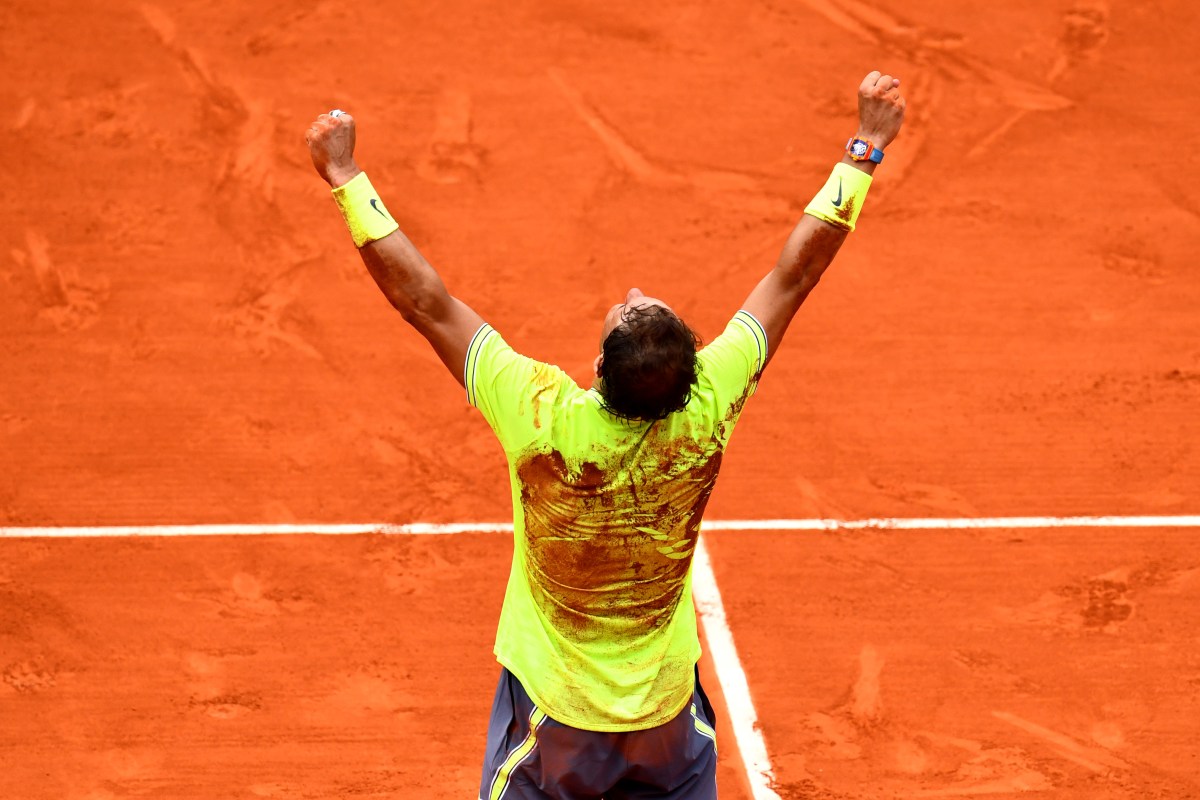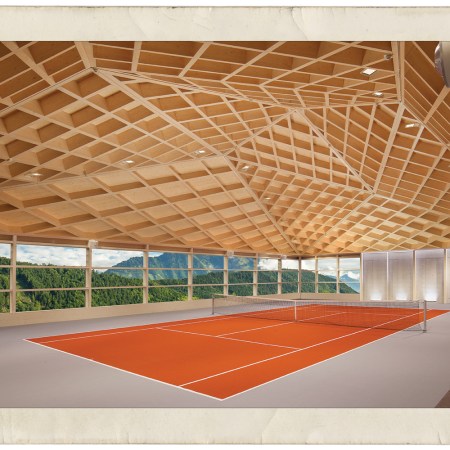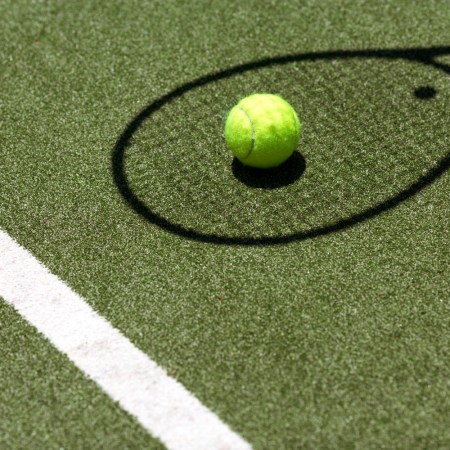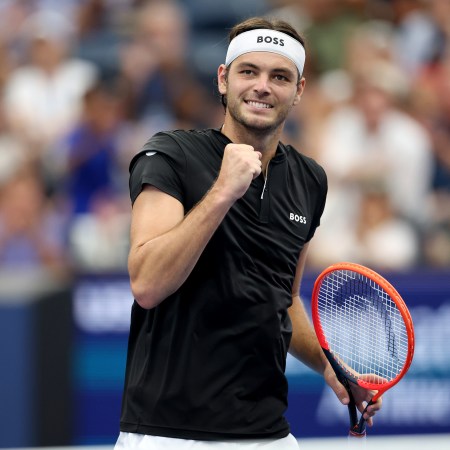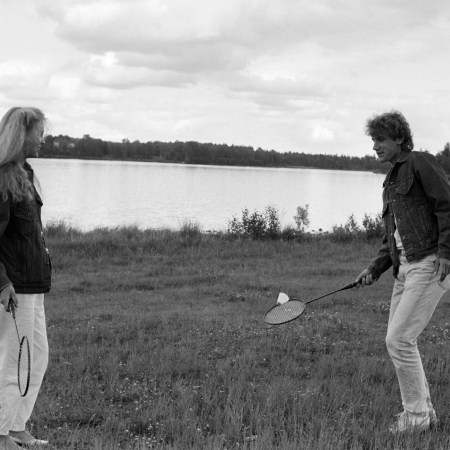When Dominic Thiem beat Rafael Nadal in the semifinals of the Barcelona Open six weeks ago — handily, no less, in a dominant 6-4, 6-4 performance — it seemed that his time to win the French Open had perhaps finally come. He has been the second-best player on the red clay courts that host the spring portion of the ATP season for some time now; it seems not a question of if, but when he will break through and take the mantle for himself.
Nadal, on the other hand, looked surprisingly human not only in that match, but throughout the clay-court season. He lost the previous week, in Monte Carlo, to journeyman Italian Fabio Fognini, and would do the same two weeks later, in Madrid, to Greek upstart Stefanos Tsitsipas — both of those defeats also arriving in the penultimate round. But in Rome, at the final warmup for the French Open, the Spaniard seemed to right the ship. He cast aside world no. 1 Novak Djokovic in one of the most lopsided matches of their long and storied rivalry in the final, serving the Serbian both a bagel and a breadstick en route to a 6-0, 4-6, 6-1 victory (it bears noting that Djokovic is famously gluten-free, and likely did not take kindly to said scoreline).
Regardless, this seemed like it could feasibly be Thiem’s moment. The no. 4 seed rolled through the draw with relative ease before playing the match of his life to beat Djokovic in the semifinals, ending the Serb’s historic run at a second career non-calendar-year Grand Slam. And he plays the brand of tennis that has proven itself the only way past Nadal or Djokovic when they are in top form: hitting the absolute piss out of the ball, repeatedly and indefatigably, even when forced into awkward or defensive positions. It’s what Stan Wawrinka did to beat a then-invincible Djokovic in the French Open final in 2015, and it’s what Thiem would have to do here to have any chance of beating Nadal. Somehow, it seemed plausible — until it didn’t.
Thiem came out of the gates charging, breaking Nadal in the fifth game of the first set. His every groundstroke was stroked with conviction, depth and vicious topspin. He looked at times like a mirror image of Nadal, scurrying around the court and sliding elegantly into his shots.
But to win a point against Nadal on clay, one has to play it near perfectly. This is not an exaggeration. He does not make unforced errors (he had 31 across 4 sets here), and moreover, he does not play defensively. No matter how out of position he finds himself, Nadal can conjure magic. The only way to vanquish him is to hit four, five, six perfect shots in a row — and then to repeat that feat at least four times to win each game, at least 24 times to win each set, and at least 72 times to win three of them.
After breaking Nadal, Thiem flinched for the first time. Nadal broke back with ease, and then took the following three games to win the first set. Thiem fought valiantly back in the second, winning it 7-5, but even then, he must’ve known the writing was etched into the red dirt before him. He had exhausted everything left in a depleted tank to level the match, while Nadal’s tank, at least on this court, is always full. The now 12-time French Open champion won the third and fourth sets as if swatting at a fly, taking the match 6-3, 5-7, 6-1, 6-1 in a minute over three hours.
Before the triumvirate of Rafael Nadal, Roger Federer and Novak Djokovic came onto the scene, any conversation about the greatest men’s tennis player of all time was incomplete without mention of Rod Laver and Björn Borg. On Sunday, Nadal surpassed those two players’ career totals for Grand Slams (11) at the French Open alone. Rafael Nadal has now played 95 matches at Roland Garros and lost just twice (he bowed out of the tournament a third time, in 2016, with a wrist injury). If he wins next year — which, barring injury, he probably will — he’ll have an even 100 wins at the tournament. There has never been a player in any sport who so dominates a competition the way Nadal does this one.
Of course, the match not only consolidates his position as the world’s greatest clay-courter. It also draws him within two Grand Slam wins of Roger Federer for the first time in his career (he now has 18, to the Swissman’s 20). Most pundits have given up on trying to declare who between them — along with Djokovic — is the sport’s designated GOAT, but most agree that the Slam count is the most important factor. And as long as Nadal is upright and bipedal, it’s hard to imagine him retiring without the record to his name.
Whether you’re looking to get into shape, or just get out of a funk, The Charge has got you covered. Sign up for our new wellness newsletter today.
